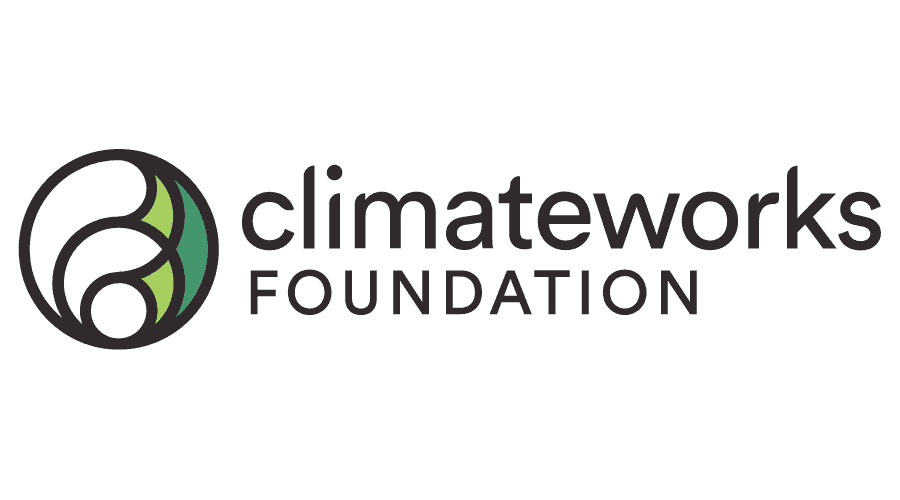Care-centered transition to equitable, low-consumption societies
About The Project
The COVID-19 pandemic has put a spotlight on how much our societies depend on care work. However, care work, including activities such as child-rearing, housework, caring for the sick and the elderly, and taking care of the local environment, tends to be a blind spot in economic accounting and public policymaking. According to dominant economic thinking, increasing participation in the wage-based market economy makes society better off, even when this expansion happens at the expense of care work and erodes related relationships and skillsets.
There are indications that humanity has entered a turbulent era where the capacity for care work will be essential. The escalating impacts of our ecological overshoot, such as climate change-driven disasters, and the related need to rapidly shrink humanity’s pressure on the planet will put social systems under extreme stress.
This project explores the potential of a care-centered society – how a rebalancing of wage labor and care work could strengthen resilience and promote wellbeing in the necessary shift away from high material consumption societies.
The project brings together researchers from diverse disciplines, practitioners, and institutional representatives in a commission, and co-create an interdisciplinary meta-analysis of the potential for a care-centered society to facilitate the transition to an equitable, low-consumption society. It explores questions such as:
- How can we make a radical transition to low-consumption lifestyles, while maintaining or increasing wellbeing?
- Can we simultaneously promote social justice and regenerative ways of living by putting care at the heart of our societies?
- How can we communicate effectively about care-centered transitions and bring society on board?
An alliance of individuals and organizations dedicated to care-centered, equitable, low-consumption societies will enable us to start shifting the “Overton window,” i.e. the set of ideas that are generally considered feasible and relevant by policy practitioners.
Bringing together insights from Global North and Global South, we seek to ensure that the ways in which we communicate about care-centered societies is effective and meaningful to a global public. The project will also undertake strategic communications research, produce communications tools, and build a global alliance for action, based on the findings of the meta-analysis.
The project aims to achieve the following objectives:
- Develop a framework for understanding and applying care-centred societies and analyse its potential role in facilitating the transition to more equitable lifestyles with low material consumption.
- Convene a commission to explore a wide range of practical and theoretical perspectives, such as rights of paid and unpaid care workers, gender inequality, work-time reduction, feminist economics, household economics, and Just Transition, including lessons from Covid-19 on care work and gender.
- Identify key communications risks and narratives that help frame the potential for societies to transition away from high levels of material consumption towards care-based economies.
- Build an alliance of diverse actors that could amplify work that supports transition to care-centred, regenerative societies for equitable and sustainable societies beyond the duration of this project.
A concept note on the project
This project brings together two systemic crises of our time – climate change and inequality – which, despite being increasingly overlapping, have been responded to by policies and approaches that have not been complementary and sometimes even contradictory.









